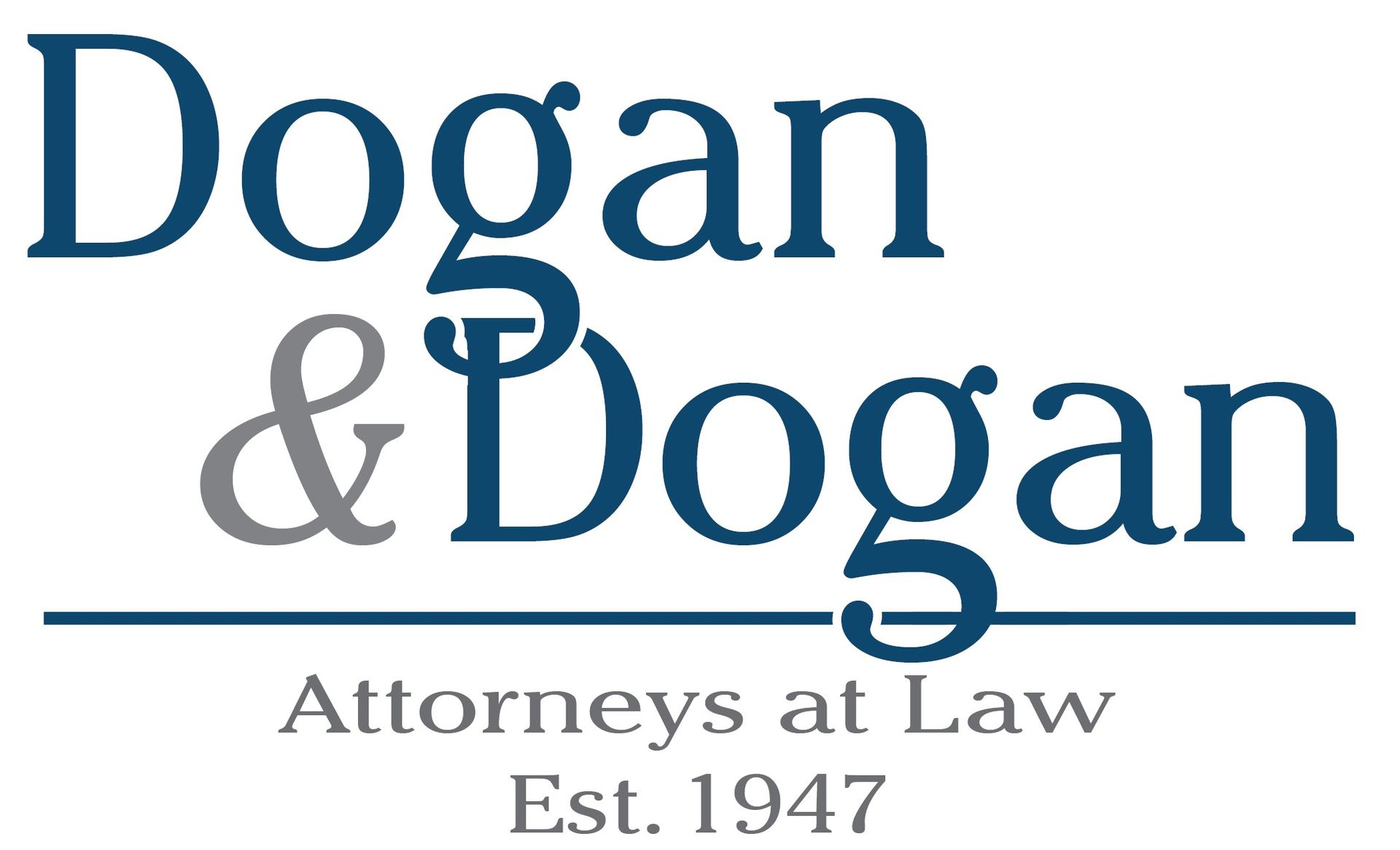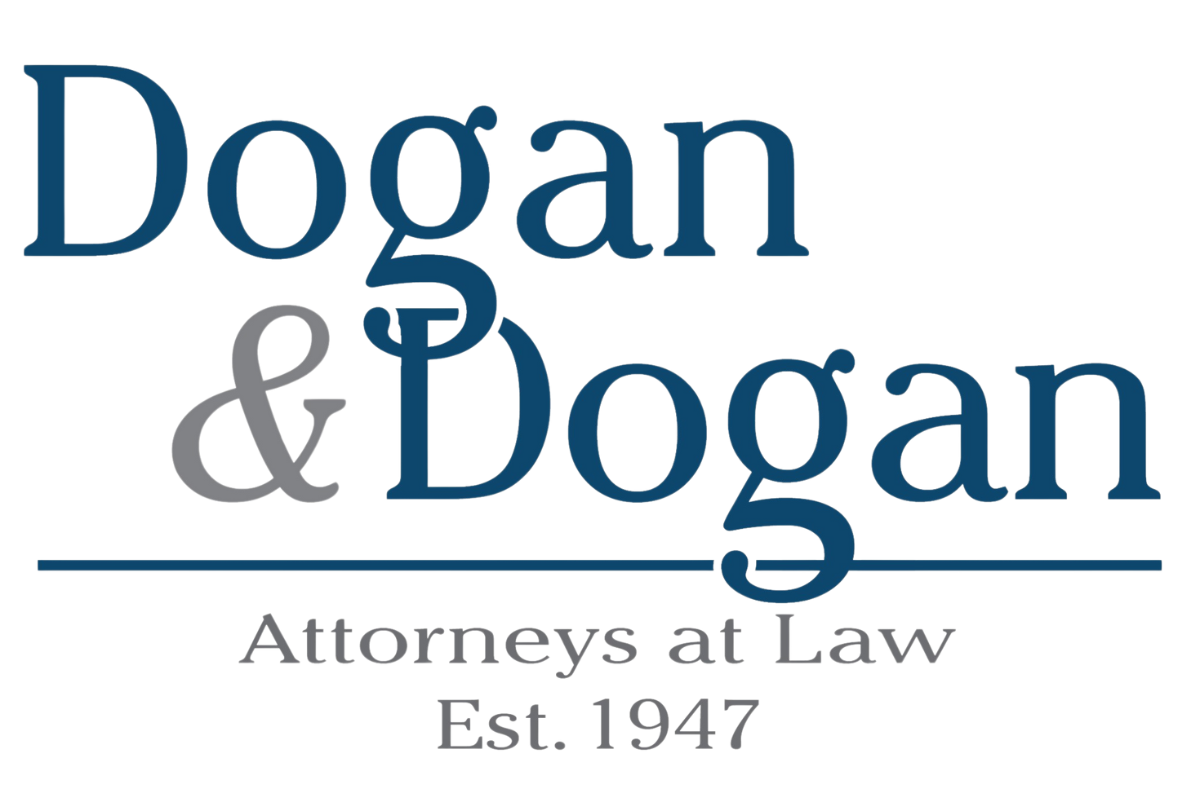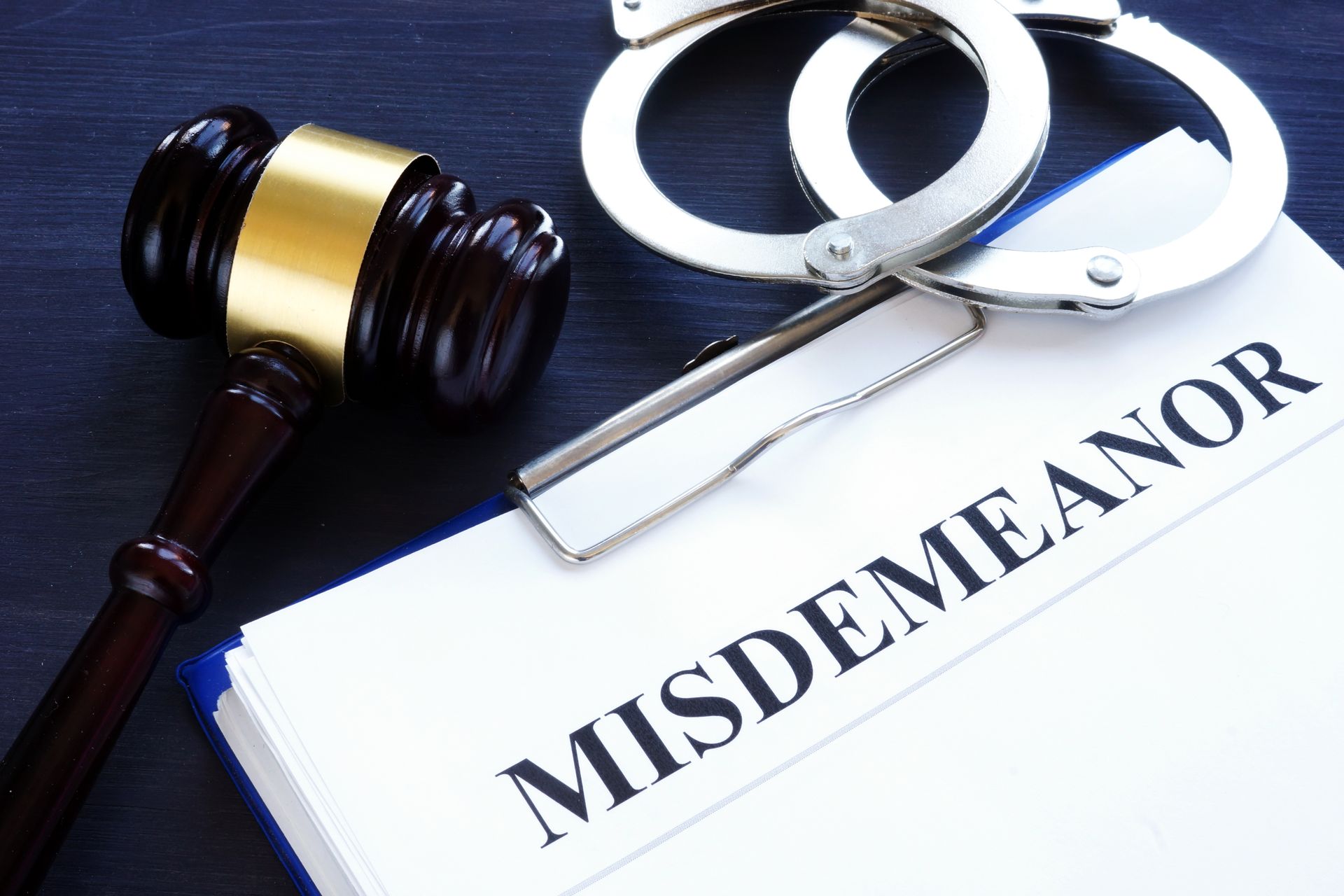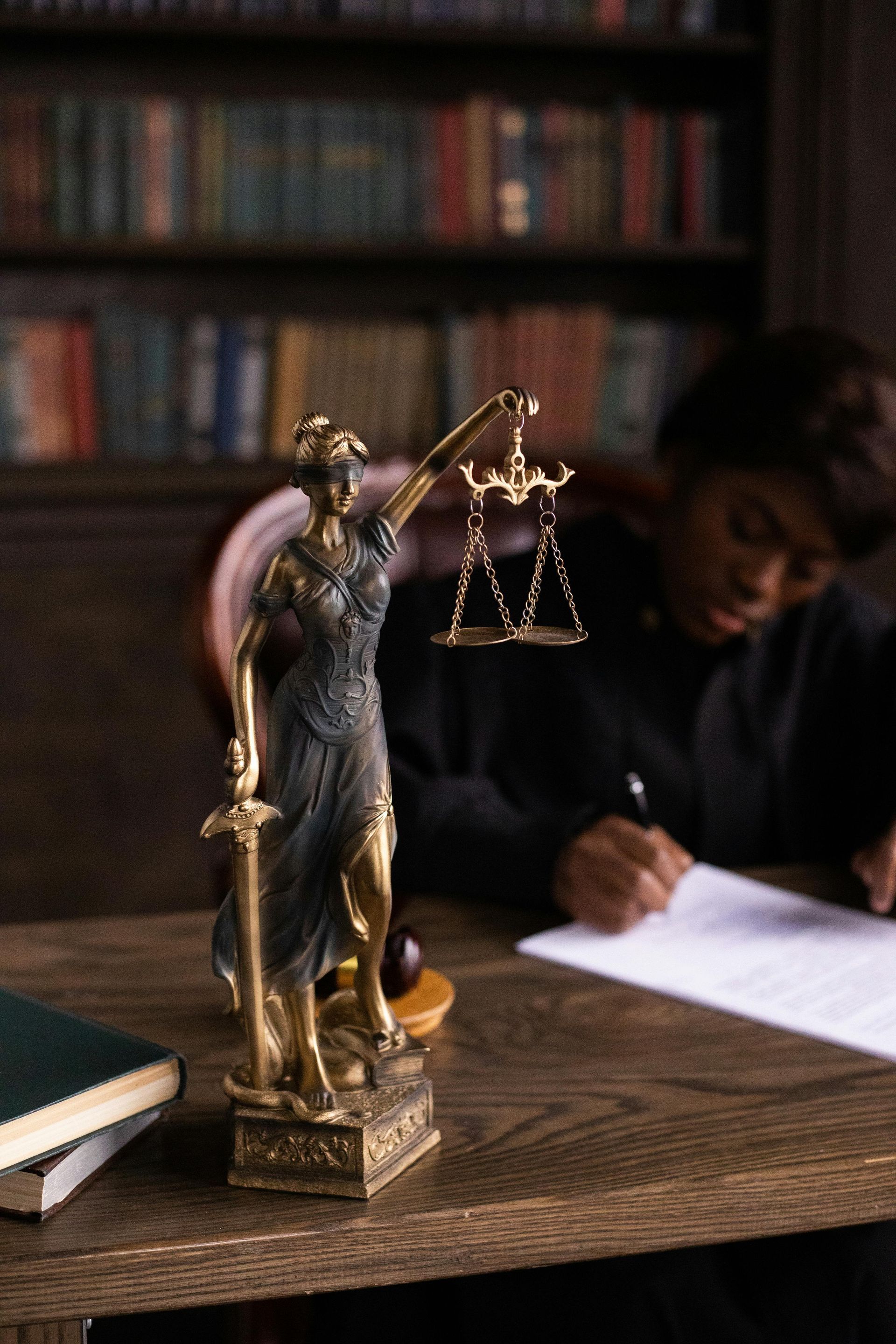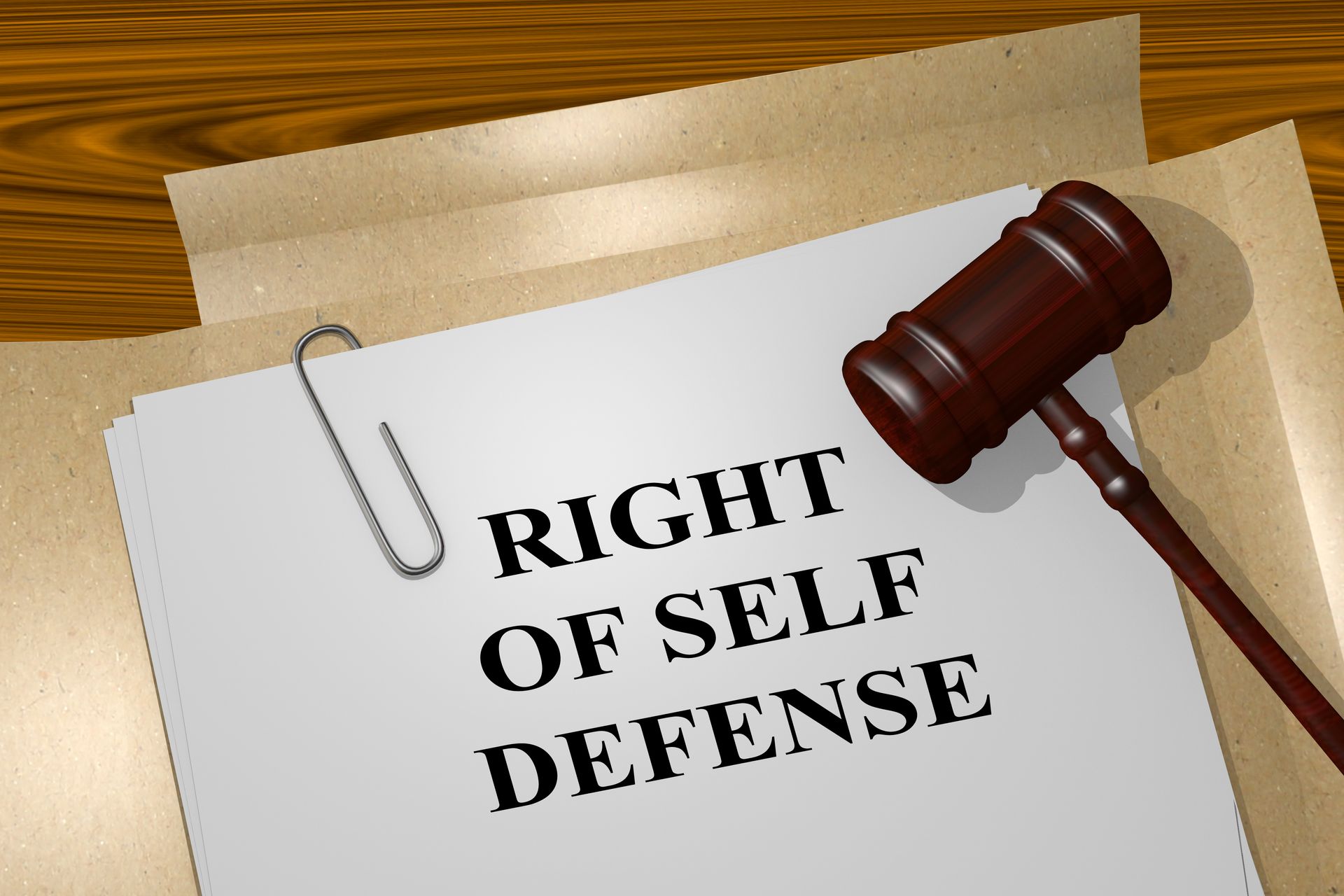Understanding Wrongful Death Claims
Wrongful Death Claims and Laws
A wrongful death claim is a legal action that arises when an individual dies due to the legal fault of another person or entity. This could involve negligence, intentional harm, or a fatal accident. The primary objective of a wrongful death lawsuit is to provide financial relief to the deceased’s survivors, compensating them for their profound loss, including lost wages, companionship, and funeral expenses.
Key Elements of a Wrongful Death Claim
For a wrongful death claim to be valid, it must meet specific legal criteria. Firstly, there must be a death caused by the negligence or misconduct of another party. Secondly, surviving family members must face financial hardship due to the death. Lastly, a personal representative must be appointed to manage the deceased’s estate.
The Legal Basis for Wrongful Death Claims
Wrongful death claims are grounded in tort law, which addresses civil wrongs resulting in harm. These claims can come from different legal issues. One example is negligence, which means not acting with reasonable care. Another example is intentional harm. Understanding the legal framework is crucial for pursuing a wrongful death claim effectively.
Statute of Limitations
The statute of limitations sets a deadline for filing wrongful death claims, varying by jurisdiction. It is important to follow this timeframe. If you do not file on time, you may lose your right to seek compensation. Consulting with a wrongful death attorney promptly can help ensure compliance with these legal deadlines.
Financial Compensation Goals
The compensation sought in wrongful death claims aims to address both economic and non-economic losses. Economic losses include tangible financial burdens like medical bills and lost income, while non-economic losses cover intangible impacts such as emotional distress and loss of companionship. The goal is to provide comprehensive support to the grieving family.
Who Can File a Wrongful Death Claim?
The right to file a wrongful death lawsuit is typically reserved for close family members of the deceased. This often includes spouses, children, and sometimes parents, depending on the jurisdiction. Understanding who is eligible to file is crucial, as it influences the legal strategy and potential outcomes of the claim.
- Spouses and Life Partners – May claim loss of support and companionship.
- Children (Biological and Adopted) – May seek damages for parental loss and guidance.
- Parents or Guardians – Especially if the deceased was a minor.
- Other Dependents or Extended Family – In certain circumstances where financial reliance can be proven.
Common Causes of Wrongful Death Claims
Wrongful death claims can come from many situations. They show how negligence or misconduct can lead to death. Understanding these causes is crucial for identifying potential cases and pursuing justice for the deceased.
- Car Accidents
- Car accidents are one of the most prevalent causes of wrongful death claims. Factors such as negligent driving, including speeding, distracted driving, and driving under the influence, can lead to fatal collisions. Families can pursue claims against the responsible driver, seeking compensation for their loss.
- Distracted and Impaired Driving
- Distracted driving, often due to mobile phone use, and impaired driving due to alcohol or drugs significantly increase the risk of fatal accidents. These negligent behaviors violate the duty of care expected on the road, leading to wrongful death claims.
- Vehicular Defects and Road Conditions
- Sometimes, wrongful death claims stem from vehicular defects or hazardous road conditions. Manufacturers or government entities may be held liable if negligence in maintenance or design contributed to the fatal accident..
- Workplace Accidents
- Workplace accidents resulting in death can occur in various industries, particularly those with higher risks, such as construction or manufacturing. Unsafe working conditions, lack of safety equipment, or employer negligence can lead to fatal injuries, making them liable for wrongful death claims.
- Industrial Accidents and Safety Violations
- Industrial accidents, often due to safety violations or equipment failures, can result in tragic fatalities. Employers have a duty to ensure safe working environments, and breaches of this duty can support wrongful death claims.
- Criminal Acts
- Criminal acts, including intentional violence like assault or murder, can also be grounds for wrongful death claims. In such cases, the perpetrator can face both criminal charges and civil liability, allowing families to seek compensation for their loss.
- Assault and Homicide Cases
- Assault and homicide cases often lead to wrongful death claims, as families seek justice for their loved ones. These cases require proof of intentional harm, distinguishing them from negligence-based claims.
The Role of a Wrongful Death Attorney
Navigating a wrongful death lawsuit is complex, and having a skilled wrongful death attorney is crucial. They provide essential legal guidance, helping families seek justice and compensation for their loss.
- Legal Knowledge and Guidance
- A wrongful death attorney offers legal skills, guiding families through the intricacies of the legal process. They explain rights, legal options, and potential outcomes, ensuring clients make informed decisions.
- Personalized Legal Strategies
- Attorneys develop personalized legal strategies tailored to each case's unique circumstances. This involves assessing the facts, identifying key evidence, and determining the best approach to achieving a favorable outcome.
- Evidence Collection and Case Building
- Building a strong case requires meticulous evidence collection and organization. Attorneys play a critical role in gathering relevant documentation, interviewing witnesses, and consulting experts to support the claim.
- Collaborating with Experts
- Attorneys often collaborate with experts, such as medical professionals, accident reconstruction specialists, and economists, to strengthen the case. Expert opinions provide credibility and depth to the evidence presented.
- Presenting a Compelling Case
- Presenting a compelling case involves crafting persuasive arguments based on the evidence. Attorneys use their advocacy skills to communicate the impact of the wrongful death and the need for justice and compensation.
- Negotiating Settlements
- Settlement negotiations are a common part of wrongful death claims. Attorneys negotiate with insurance companies and opposing parties, seeking fair compensation for their clients without the need for prolonged litigation.
- Assessing Settlement Offers
- Attorneys assess settlement offers critically, considering both immediate financial needs and long-term impacts on the family. They advise clients on whether to accept offers or pursue further negotiation or litigation.
- Mediation and Alternative Resolution
- Mediation and alternative dispute resolution methods can provide efficient and less adversarial means of reaching settlements. Attorneys guide families through these processes, ensuring their interests are represented effectively.
- Court Representation
- If a settlement cannot be reached, attorneys represent families in court, advocating for their rights and seeking justice through trial. Court representation requires skillful litigation and a thorough understanding of legal procedures.
- Advocacy and Courtroom Skills
- Effective courtroom advocacy requires strong communication skills and a strategic approach. Attorneys present the case to judges and juries, emphasizing the need for justice and fair compensation for the wrongful death.
Compensation in Wrongful Death Cases
The compensation awarded in a wrongful death claim can vary depending on several factors, including the circumstances of the death and the impact on the family. Understanding the types of damages and how they are calculated is essential for pursuing a fair claim.
- Economic Damages
- Economic damages cover quantifiable losses resulting from the wrongful death. These include medical bills, funeral expenses, and lost income, providing financial relief to the surviving family members.
- Medical and Funeral Expenses
- Medical expenses incurred before the death, along with funeral and burial costs, are compensable under economic damages. These expenses can be substantial, adding financial strain to grieving families.
- Lost Income and Financial Support
- The deceased's lost income and potential future earnings significantly impact the family's financial stability. Compensation aims to replace this lost financial support, considering factors like age, occupation, and earning potential.
- Non-Economic Damages
- Non-economic damages compensate for intangible losses, such as pain and suffering, loss of companionship, and emotional distress. These damages acknowledge the profound emotional toll of losing a loved one.
Emotional Distress and Grief
The emotional distress and grief experienced by surviving family members are significant non-economic losses. Compensation reflects the psychological impact of the wrongful death, providing recognition of their suffering.
- Loss of Consortium and Companionship
- Loss of consortium and companionship addresses the absence of the deceased's presence and support. This includes the loss of emotional connection, guidance, and shared life experiences with the deceased.
- Estimating Future Economic Impact
- Estimating future economic impact involves projecting the deceased's potential earnings, factoring in career trajectory, inflation, and life expectancy. This helps ensure the family receives adequate financial support over time.
- Considering Intangible Losses
- intangible losses, such as emotional distress and loss of companionship, are more subjective but equally important. Attorneys present compelling arguments to convey the profound impact of these losses on the family.
Understanding wrongful death claims and laws is vital for families seeking justice and closure after a tragic loss. With the guidance of a skilled wrongful death attorney, you can navigate the legal process, hold the responsible parties accountable, and secure the compensation you deserve. Remember, each wrongful death case is unique, so it's essential to seek personalized legal advice tailored to your situation.
If you believe you have a
wrongful death case, don't hesitate to take action. The sooner you begin the process, the better your chances of achieving a favorable outcome. Taking prompt and informed steps can make a significant difference in securing justice and financial relief for your family.
Call our offices today to schedule a free consultation.

